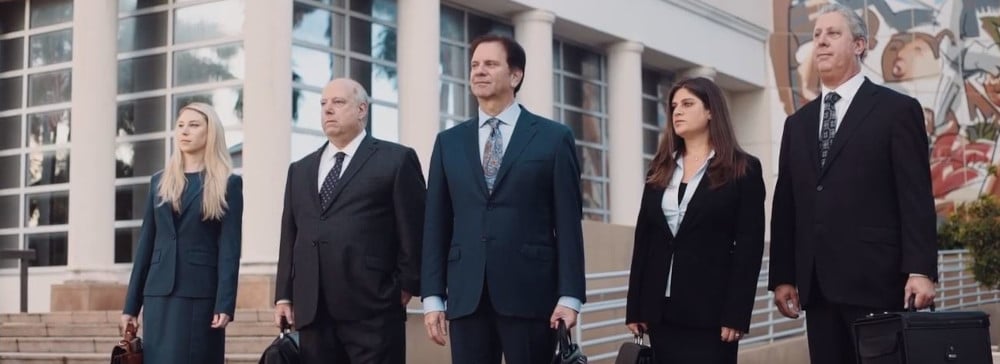Table of Contents
Whether sitting in their apartments, enjoying an evening out, busy at work, or going about their daily chores, people have a legal right to expect they will not be harmed or assaulted while on the property. Criminals target people for all sorts of monetary and sexual crimes, and many are crimes of opportunity, such as late-night break-ins, holding up convenience stores, and robbing people using ATMs.
Criminals are responsible for the crime, but property owners and managers are responsible for providing safe conditions, particularly in locations known as high-crime areas. They do not, however, need to guarantee safety although they do need to respond to acts that they can or should foresee happening.
If you have been in a dangerous situation due to negligent security in a business or public place, contact a Fort Lauderdale negligent security lawyer who can review your circumstances and determine whether a lawsuit should be filed. An experienced premises liability attorney can help you pursue compensation for another’s negligence.

Under Florida’s premises liability statute, businesses owners, operators, and employers have a legal obligation to provide reasonable and adequate security for their patrons. Landlords must do the same for their tenants, and employers for their employees. Failing to do so places them in legal jeopardy.
Under premises liability law, property owners and controllers are presumed to know if there are inadequate security features on the property, or it may be determined that they should have known. This is called “constructive knowledge” in the law. For example, if the owner of a bar knows that fights have happened from time to time, the owner has constructive knowledge of that fact, and the probability of other fights occurring in the future is foreseen.
Knowing of the occurrences of fighting and failing to have adequate security, such as a security guard to discourage fighting or to stop a fight, is a violation of the premises liability statute. Security professionals are often brought in to evaluate the security measures.

Foreseeability is also addressed in Florida’s comparative negligence doctrine. For example, an apartment complex manager and its owner know that criminal incidents have happened because of poor lighting on the premises, so they have foreseeability that such acts can happen again.
The basis of negligence is duty of care, meaning that reasonable people have a legal obligation to avoid causing harm or property damage to others. Comparative negligence allows those who share fault in a negligent security situation, such as the apartment complex manager and the owners of the property, to be held liable based on the percentage of fault they have.
If the manager knew about poor lighting but did nothing about it, the manager can be held negligent along with the owners. A jury or a judge determines how much fault each one had. If a jury determines the property manager was 25 percent at fault and the owners were 75 percent, the manager is liable for 25 percent of the damages and owners are 75 percent liable.

Negligent security cases, although they are fact-driven, can still be complex and require an attorney who is well-versed in this realm of law. Fort Lauderdale negligent security lawyers have aggressively and passionately represented individuals in many of these cases and can determine if the facts support a valid lawsuit.
To do so, the attorneys at Kogan & DiSalvo provide a free consultation to describe the law in detail and answer questions. Contact us today to begin your case.
If you are injured and unable to come to us,
our attorney will come to you - there is no charge for us to do so.